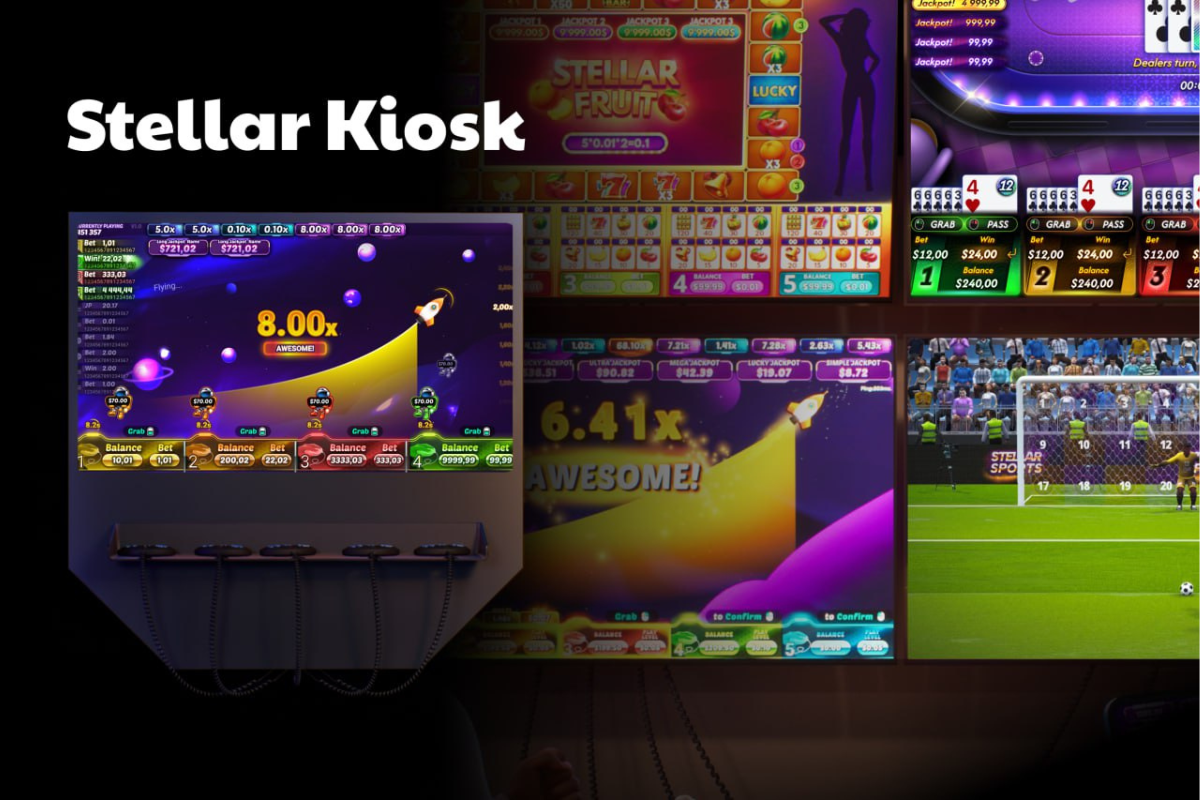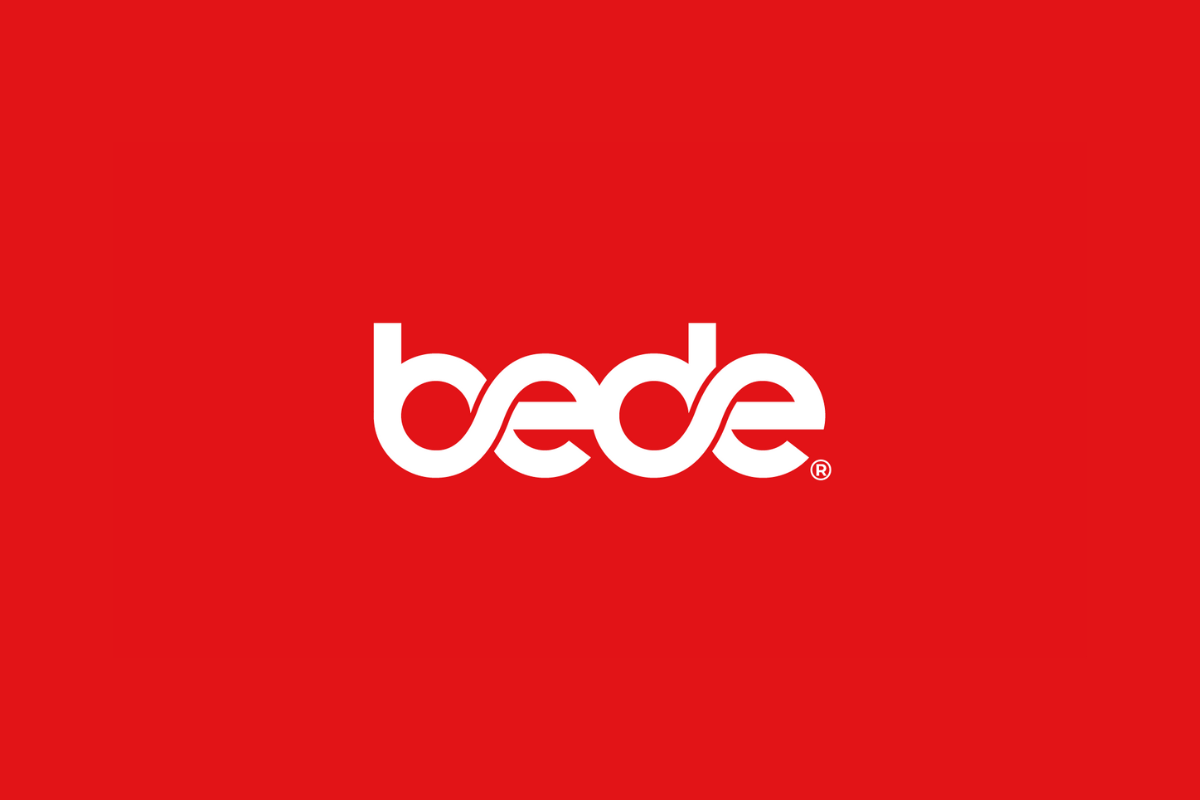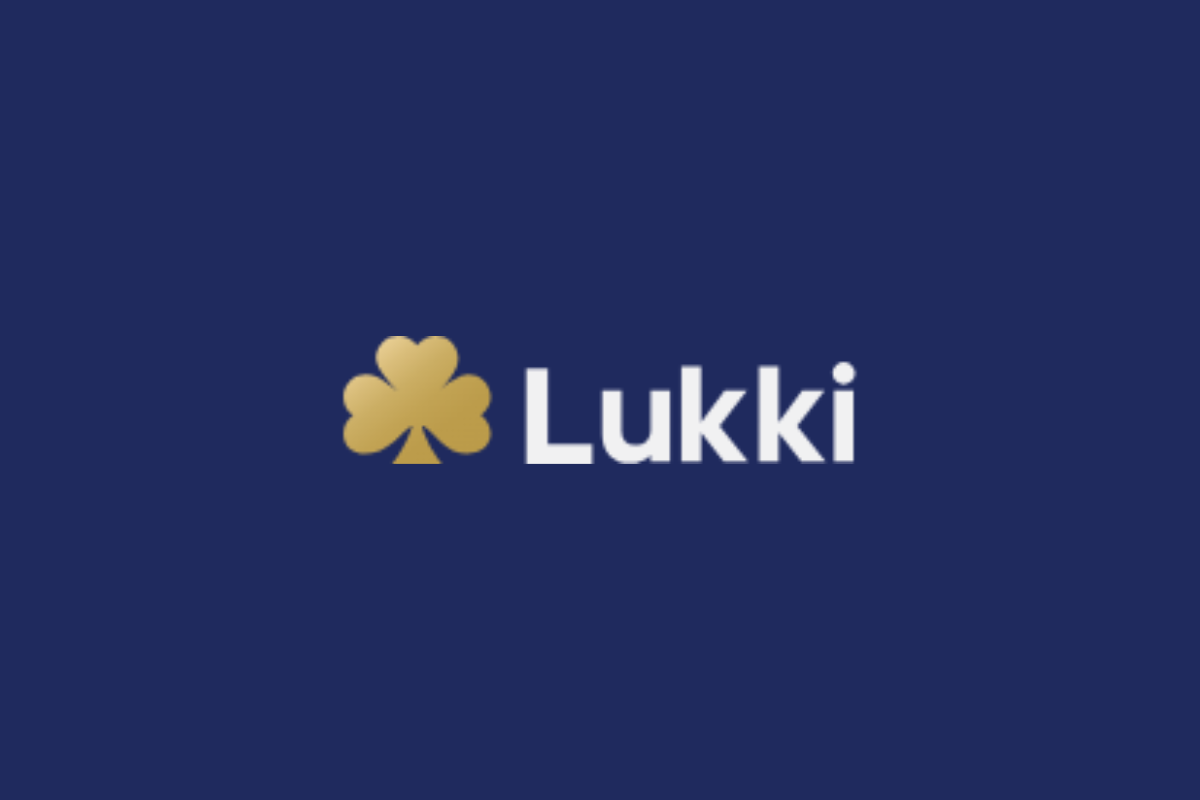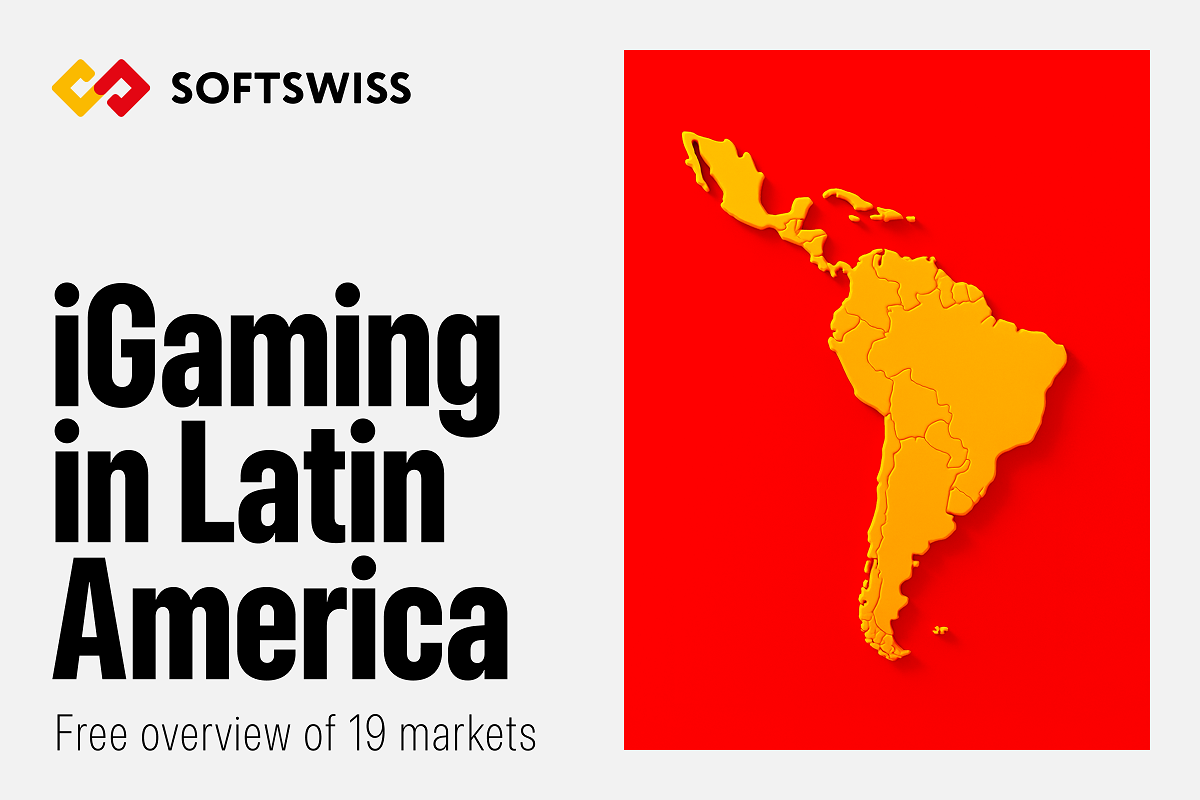Interviews
Interview with nanocosmos’ CEO Oliver Lietz: How 2022’s launches of B2B interactive live streaming accelerate the iGaming and betting market to serve increased demands for better user experience
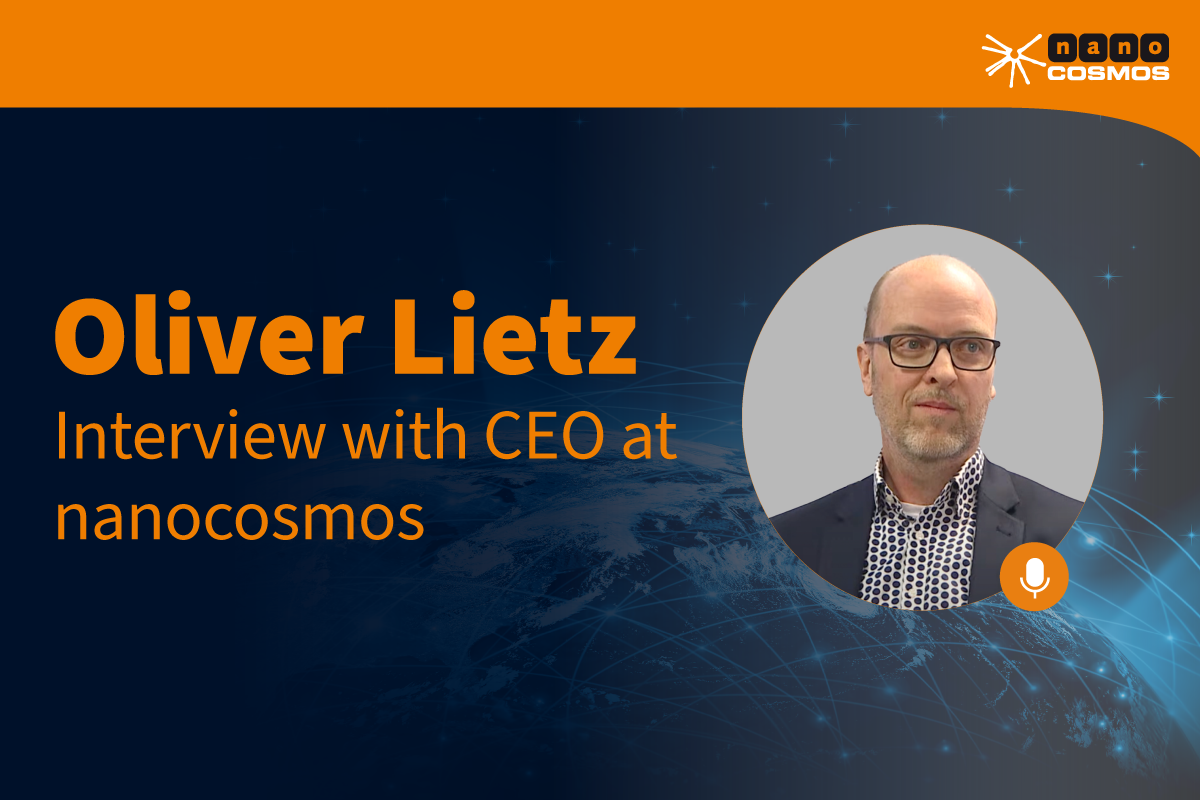
Nanocosmos, well experienced provider of the interactive live streaming solution nanoStream Cloud for iGaming and betting platform operators, was awarded once again by the Streaming Media European Innovation Awards 2022. What is the secret?
It is a great honor to be awarded two yours in a row. Since we entered the market of interactive live streaming, we have helped to shape it. Yet our biggest secret still lies in our customer approach. We work closely with our clients to deliver a service they can rely on. Our 100% stability and 24/7 operations are key differentiators for the gaming industry.
With the a new upgrade of nanoStream Cloud that we launched this year we built on the integrated approach, but added new features for successful interactive live streaming. Our live streaming platform and API spans over a wide range of areas such as Adaptive and secure streaming, ultra-low latency to enable real-time interaction, advanced analytics, live metadata support, stream protection, 100% stability and reliability at a global scale.
What makes your streaming solution work particularly well for iGaming and betting platforms?
When it comes to live casinos and sports betting it is all about a seamless user experience. One of the major advantages that we are very proud of is that our platform is very robust and stable with 100% uptime, for all networks on a global scale. In addition you have adaptive streaming and the integrated approach – it is not about just doing one thing well, but about bringing all components under one roof. This is to make sure everything from ingest to playout, from support to player and analytics works well and supports the profitability of iGaming and betting platforms. It serves end-to-end observability and helps companies to make decisions that will shape profitability, experience and efficiency. nanoStream Cloud is all about 24/7/365 quality of service and quality of experience for the entertainment services of our clients.
With the return of in-person shows – what were the major milestones of this year’s launches that were shared and what are they aiming at?
At ICE 2022 we launched the new version of our nanoStream Player to achieve and maintain sub-second latency, yet stability for even bad networks on all devices, anywhere in the world. This fall at SBC Barcelona we show enhanced adaptive streaming service not only by making it much easier for customers to manage their live transcoded streams. In combination with the new player, nanoStream Cloud is now positioned to cover both as part of the standard package: Interactive live streaming with the possibility to achieve sub-second latency, including live transcoding and adaptive playback.
In addition nanoStream Cloud users can now ingest using the RTMP, SRT and WHIP protocols for WebRTC ingest for improving connectivity, especially for remote ingest locations and higher bitrates and customers can benefit from added misuse protection to secure their streamed content.
What innovation do you see ahead for the iGaming and betting industry?
There is a lot of room for innovation to be picked up by live gaming and betting operators, based on live video to share with their player audiences. Trends like „fast betting“ on sports create new ideas by operators for new types of games.
What core challenges do you help to solve for platform operators?
We have seen continuous growth in terms of the importance and the market of interactive live streaming. It is a great opportunity to engage anyone worldwide based on live video content. We at nanocosmos aim to empower our clients to deliver video-based games and bets to their viewers with a 360 degree angle, end-to-end.
-

 Compliance Updates7 days ago
Compliance Updates7 days agoKongebonus statement: Norway’s election result signals gambling policy continuity, but licensing debate is set to intensify
-
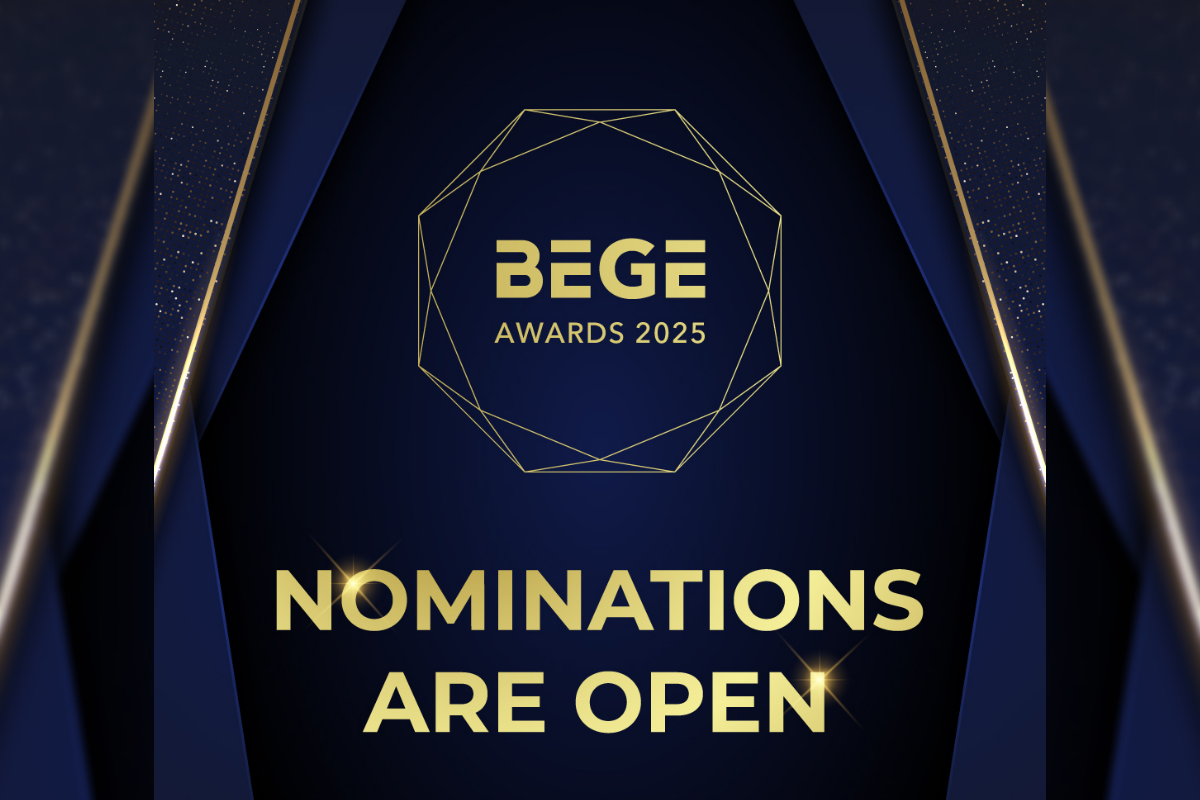
 Balkans7 days ago
Balkans7 days agoBEGE Awards Nominations Now Open – Celebrating 16 Years of Industry Excellence!
-
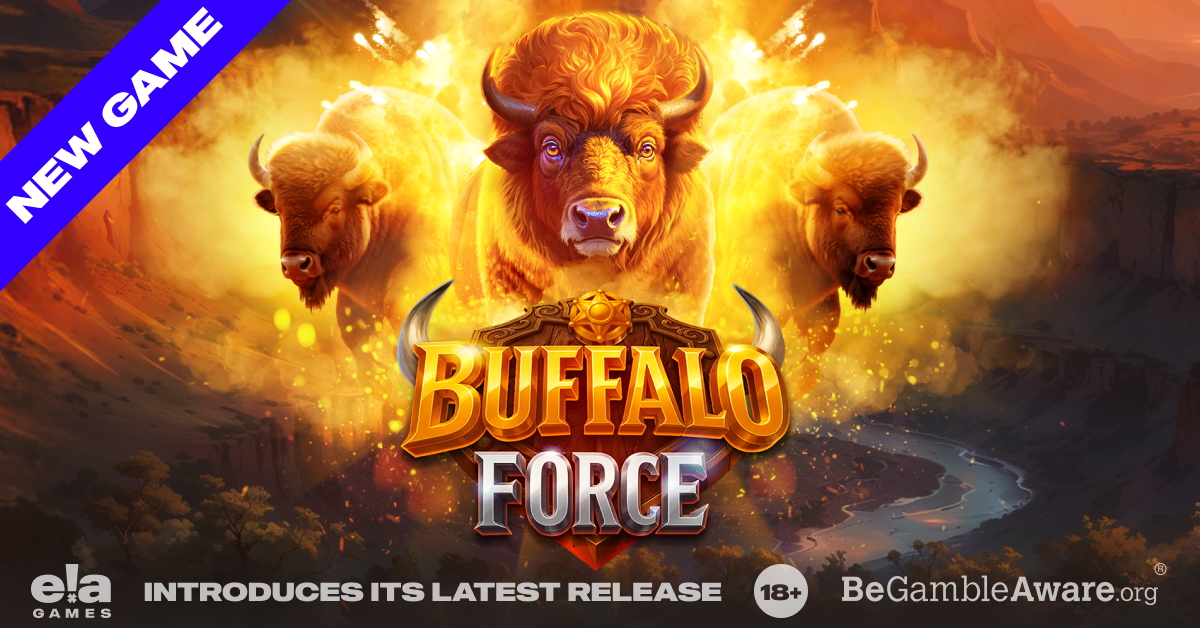
 Latest News7 days ago
Latest News7 days agoAnswer the Call of the Wild: ELA Games Unveils Its Latest Game “Buffalo Force”
-
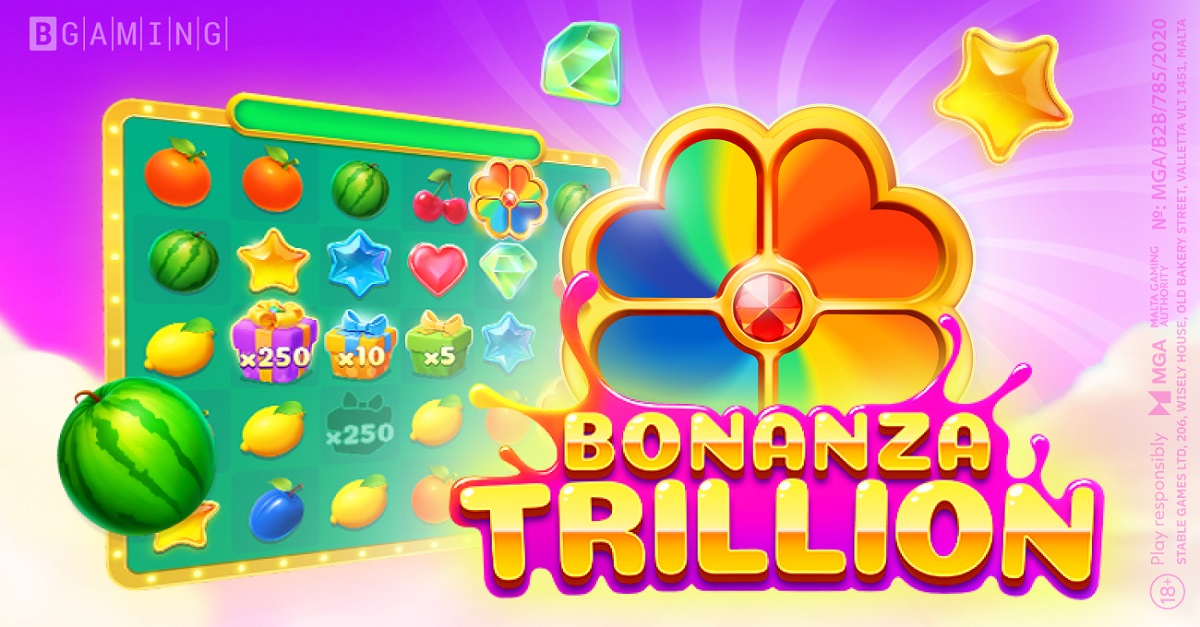
 Latest News7 days ago
Latest News7 days agoWin a Fruity Fortune in BGaming’s Bonanza Trillion
-
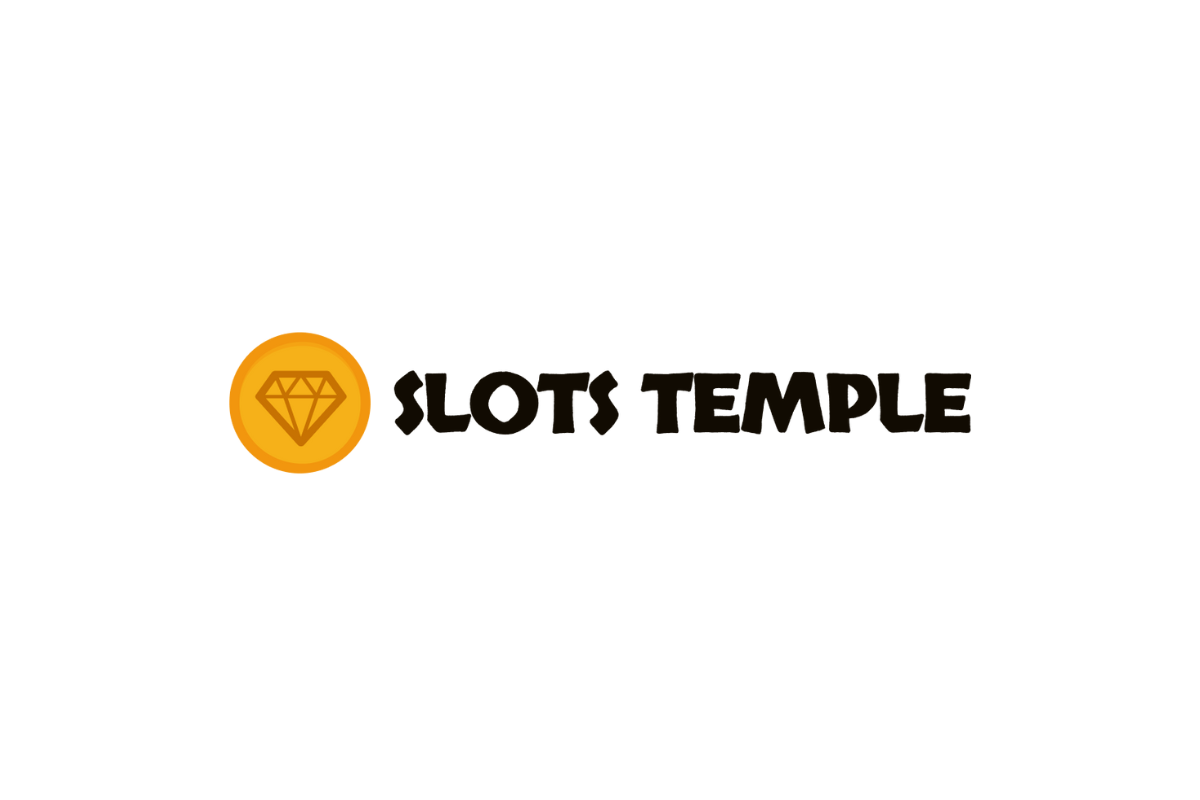
 Latest News7 days ago
Latest News7 days agoSlots Temple Announces Exclusive Free-to-Play Tournament Partnership with Pragmatic Play
-

 Latest News7 days ago
Latest News7 days agoSaddle up for big wins under the Bison Moon with the latest slot from Northern Lights Gaming
-

 Compliance Updates6 days ago
Compliance Updates6 days agoSOFTSWISS Compliance Expert Shares Knowledge on AML in iGaming for Sumsub Academy
-

 Asia6 days ago
Asia6 days agoTesla to showcase Model Y with NODWIN Gaming at the thrilling BGMS Season 4 Grand Finals








